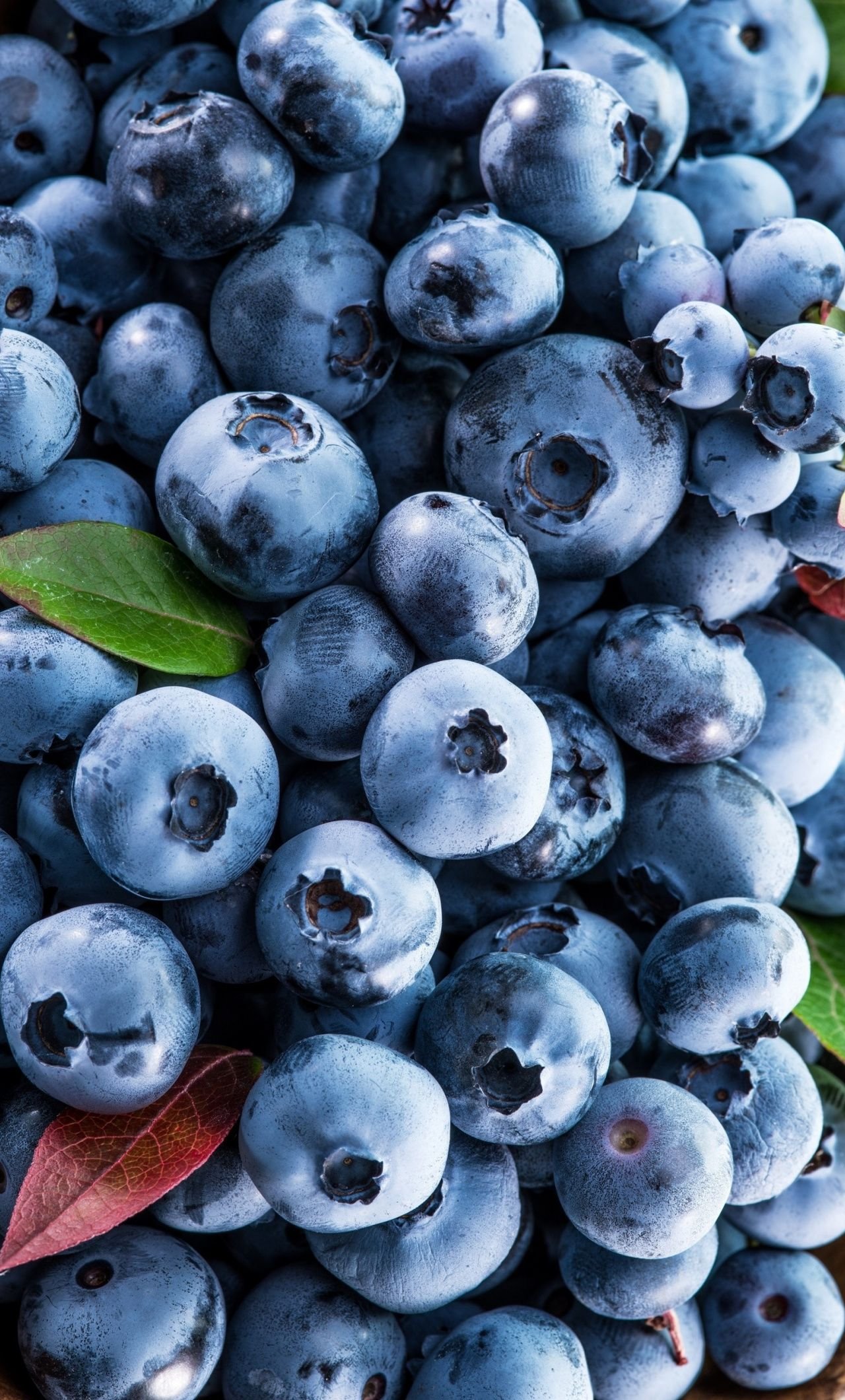Vitamin K
About Vitamin K
Vitamin K is a fat-soluble vitamin that plays a vital role in several essential functions within your body. Named after the German word “Koagulationsvitamin,” Vitamin K’s primary function was originally recognized in its role in blood clotting.
Classification
Vitamin K is categorized into two main forms: Vitamin K1 (phylloquinone) and Vitamin K2 (menaquinone). While Vitamin K1 is primarily associated with its role in blood clotting, Vitamin K2 has garnered attention for its influence on bone health and other physiological processes. Vitamin K was first discovered in the early 20th century when researchers were investigating factors that aided blood clotting.
Beyond Blood Clotting
While its role in blood clotting remains one of its most well-known functions, Vitamin K’s influence extends far beyond this crucial process. It’s now understood that this vitamin is an essential cofactor for a group of proteins that regulate not only clotting but also contribute to bone metabolism and other cellular functions.
Health Benefits of Vitamin K
Blood Clotting Regulation
Vitamin K’s role in blood clotting is essential for preventing excessive bleeding. It supports the production of proteins that aid in the formation of blood clots, ensuring your body can effectively respond to injuries and cuts.
Bone Health and Osteoporosis Prevention
Vitamin K’s influence on bone health is significant. By directing calcium to your bones and teeth, it helps maintain bone density, reducing the risk of fractures and osteoporosis. Ensuring adequate Vitamin K intake is crucial, especially as you age.
Potential Cardiovascular Benefits
Emerging research suggests that Vitamin K may play a role in cardiovascular health. By preventing calcification in arteries, it could contribute to heart health and reduce the risk of heart-related issues.
Cellular Function and Immune Support
Vitamin K’s involvement in cellular processes extends to immune support. Proper cellular function is essential for a robust immune response, helping your body defend against infections and illnesses.
Anti-Inflammatory Effects
Some studies suggest that Vitamin K might possess anti-inflammatory properties, aiding in the management of chronic inflammatory conditions.
Perils of Deficient Vitamin K Intake
Increased Risk of Bleeding
One of the primary consequences of Vitamin K deficiency is an increased risk of bleeding. Without sufficient Vitamin K, your body’s ability to form blood clots is compromised. This can lead to excessive bleeding from even minor cuts or injuries.
Impaired Bone Health
Inadequate Vitamin K intake can negatively affect bone health. Without enough Vitamin K to direct calcium to your bones, your bone density may decrease, increasing the risk of fractures and conditions like osteoporosis.
Cardiovascular Concerns
Vitamin K’s role in preventing calcification of arteries is crucial for cardiovascular health. A deficiency may contribute to a higher risk of arterial calcification, potentially impacting heart health.
Potential Impact on Cellular Function
Vitamin K is essential for various cellular processes, and a deficiency might impair these functions. This could have implications for your immune system’s effectiveness and overall cellular health.
Risk Factors for Deficiency
Certain factors can increase the risk of Vitamin K deficiency:
- Poor dietary intake of Vitamin K-rich foods.
- Conditions that affect fat absorption (since Vitamin K is fat-soluble).
- Long-term use of antibiotics that disrupt gut bacteria, which contribute to Vitamin K synthesis.
- Medical conditions that affect the liver, where Vitamin K-dependent proteins are produced.

Sources of Vitamin K
- Leafy Greens
- Cruciferous Vegetables
- Plant-Based Oils
- Fermented Foods
- Animal Products
Vitamin K Rich Foods
Spinach, kale, Swiss chard, collard greens, broccoli, Brussels sprouts, cabbage, soybean oil, canola oil, olive oil, meat, liver, egg yolks, avocado, kiwi and blueberries.






Frequently Asked Questions About Vitamin K
Welcome to our Vitamin K FAQs section, where we address common questions and provide you with accurate information to help you better understand this essential nutrient.
The recommended daily intake of Vitamin K varies based on factors like age and gender. On average, adult males need around 120 micrograms (mcg) per day, while adult females need about 90 mcg. However, consult with a healthcare professional for personalized recommendations.
Yes, a balanced diet rich in Vitamin K sources like leafy greens, cruciferous vegetables, and fermented foods can provide sufficient Vitamin K. However, those on specific medications or with certain medical conditions might require additional guidance.
Yes, both forms of Vitamin K play distinct and vital roles in your health. Vitamin K1 supports blood clotting, while Vitamin K2 is essential for bone health and potentially cardiovascular health. Balancing your intake of both forms is recommended.
Adequate Vitamin K intake contributes to bone health by ensuring proper calcium utilization. While it’s not a guaranteed prevention method, it plays a crucial role in maintaining bone density and reducing the risk of osteoporosis.
Generally, Vitamin K supplementation is safe when taken within recommended doses. However, excessive supplementation could interfere with certain medications or medical conditions. Consult a healthcare provider before starting any new supplement regimen.
Yes, Vitamin K can interact with blood-thinning medications like warfarin. Consistent Vitamin K intake is important for those on blood thinners, as sudden changes can affect medication effectiveness. If you’re on these medications, work closely with your healthcare provider.
In most cases, Vitamin K deficiency can be reversed with an increased intake of Vitamin K-rich foods or supplements under the guidance of a healthcare professional. Early detection and management are crucial.
Absolutely! Many plant-based sources like leafy greens, cruciferous vegetables, and plant-based oils are rich in Vitamin K1. Fermented foods and certain plant-based sources provide Vitamin K2 as well.
Get creative with your meals! Add spinach to your morning smoothie, enjoy a colorful salad with mixed greens and cruciferous vegetables, and explore recipes that include fermented foods like natto or incorporate Vitamin K-rich oils in your cooking.
Yes, Vitamin K is important for children’s growth and development, particularly for bone health. A well-balanced diet that includes Vitamin K-rich foods supports their nutritional needs.
Remember, the information provided here is for general knowledge. For personalized advice or concerns about your health, it’s always best to consult a healthcare professional.
